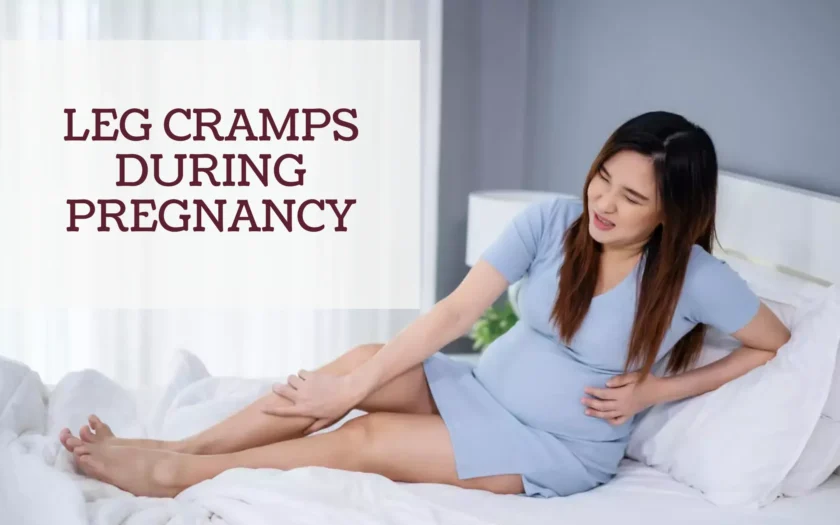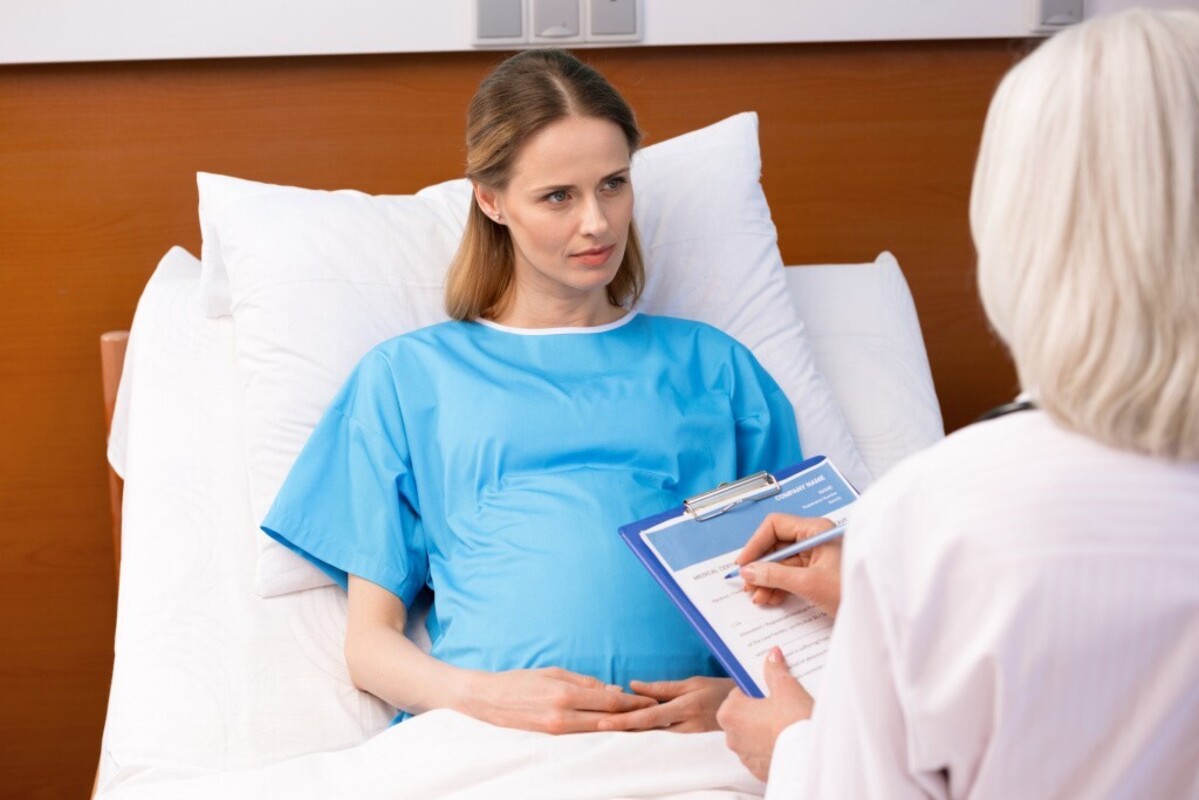Leg Cramps During Pregnancy: Causes and Solutions
Nearly half of all pregnant women experience leg cramps, those painful involuntary muscle spasms that commonly strike the calf, foot, or both. These cramps often occur during the second and third trimesters and can be particularly uncomfortable, especially at night.
What Causes Leg Cramps During Pregnancy?
The exact cause of pregnancy leg cramps isn’t entirely clear, but several factors are believed to contribute:
- Pregnancy weight gain: As your pregnancy progresses, the additional weight you carry can put extra strain on your muscles, leading to cramps.
- Circulation changes: Pregnancy causes changes in your circulatory system, which may lead to slower blood flow in your legs, contributing to muscle cramps.
- Nerve compression: The growing baby may put pressure on the nerves and blood vessels that run to your legs, increasing the likelihood of cramps.
How to Avoid and Treat Pregnancy Leg Cramps
Here are some strategies to help prevent and manage leg cramps during pregnancy:
- Exercise Regularly and Stretch:
- Calf Stretch: A simple stretching routine can help. Stand at arm’s length from a wall, place your hands on the wall, and move your right foot behind your left foot, keeping your toes facing the wall. Slowly bend your left leg forward, keeping your right knee straight and your right heel on the floor. Hold the stretch for about 30 seconds, ensuring your back is straight and your hips are forward. Breathe deeply through the stretch and repeat with the other leg.
- Treating Spasms:
- If a spasm occurs, gently stretch the affected muscle and then rest with your legs elevated. You might also find relief with a warm bath, ice massage, or gentle muscle massage.
- Stay Hydrated:
- Drink plenty of water. When you’re well-hydrated, your urine should be clear or light yellow. Dehydration can increase the likelihood of cramps.
- Wear Support Socks or Stockings:
- Compression socks or stockings can improve blood flow in your legs and help prevent cramps.
- Increase Calcium and Magnesium Intake:
- Incorporate more calcium and magnesium into your diet by eating whole grains, beans, dried fruit, nuts, and seeds. These nutrients are important for muscle function and may help reduce cramping.
When to Contact Your Healthcare Provider
If your leg cramps become severe or persistent, it’s important to consult your healthcare provider. They may recommend additional supplements or medications to help manage the cramps and ensure your comfort during pregnancy.



